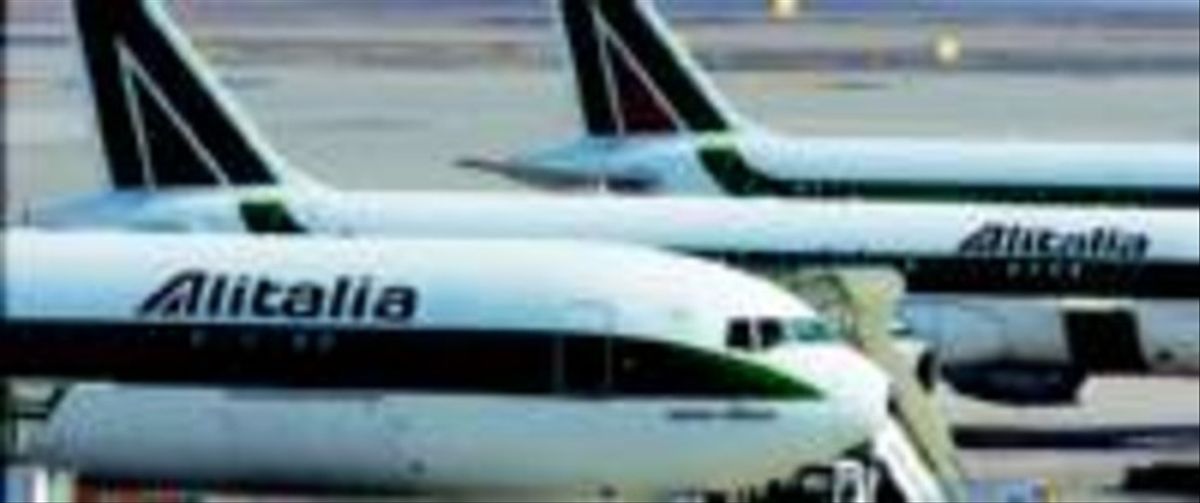One of lime and another of sand. After a lengthy investigation, the European Commission has concluded that the two loans worth 900 million euros granted by the Italian government to the airline Alitalia in 2017 are illegal and that the Italian state has to recover the money plus interest.
Despite this setback for the Italian authorities. According to Brussels, the public subsidies gave the Italian flag company an “unfair advantage over its competitors” by violating the rules on state aid. “They have to be recovered by Italy to help restore competition in the European aviation industry,” explained Vice President and Head of Competition, Margrethe Vestager .
Given that the airline has gone bankrupt – it is under the extraordinary administration regime foreseen by the Italian bankruptcy law – and has announced that it has stopped flying since mid-October, it is unlikely that the recovery of the aid can take place.
In any case, the European Commission has also concluded this Friday in a parallel investigation that the new airline Italia Trasporto Aereo (ITA), created by Italy last year, is not an “economic successor” to Alitalia and that therefore it will not have to return the subsidies declared illegal given that it would not be fair for them to have to pay the debt, say the Community Executive.
The investigation has also determined that the capital injections worth 1.35 billion euros in the next three years (700 million per year) that the new company will receive are in line with market conditions and therefore do not constitute aid. public.
“Italy has shown that there is a clear separation between Alitalia and the new airline ITA and that its investment in ITA is in accordance with the conditions that a private investor would have accepted”, Vestager highlighted about the new air transport company founded in 2020 and that it will keep a portion of Alitalia’s assets and flight rights.
“Economic discontinuity”
As Brussels recalled, the rules on State aid provide that a new company that acquires part of the assets of another company is not responsible for reimbursing the previous aid received by the same as long as the two companies are “sufficiently different” and there is an “economic discontinuity”. The investigation of the Community Executive has concluded that based on the plan presented by the Italian Government on the new company there is an “economic discontinuity” so it will not have to repay the two loans of 900 million (plus interest) claimed.
In the case of Alitalia, the European Commission opened a formal investigationon April 23, 2018 after several complaints filed by other competing airlines and the loans notified by the Italian authorities. According to EU rules, interventions by public authorities in favor of companies may not be considered public aid when the State is not acting as a public authority but as an investor.
The European competition services investigation has concluded that Italy did not act as an investor would have done because it did not make a prior assessment of the likelihood that Alitalia would repay the loans. Furthermore, according to the Community Executive’s assessment of Alitalia’s financial statements, it was “unlikely” that the company would be able to generate enough liquidity to repay the loans on time.


